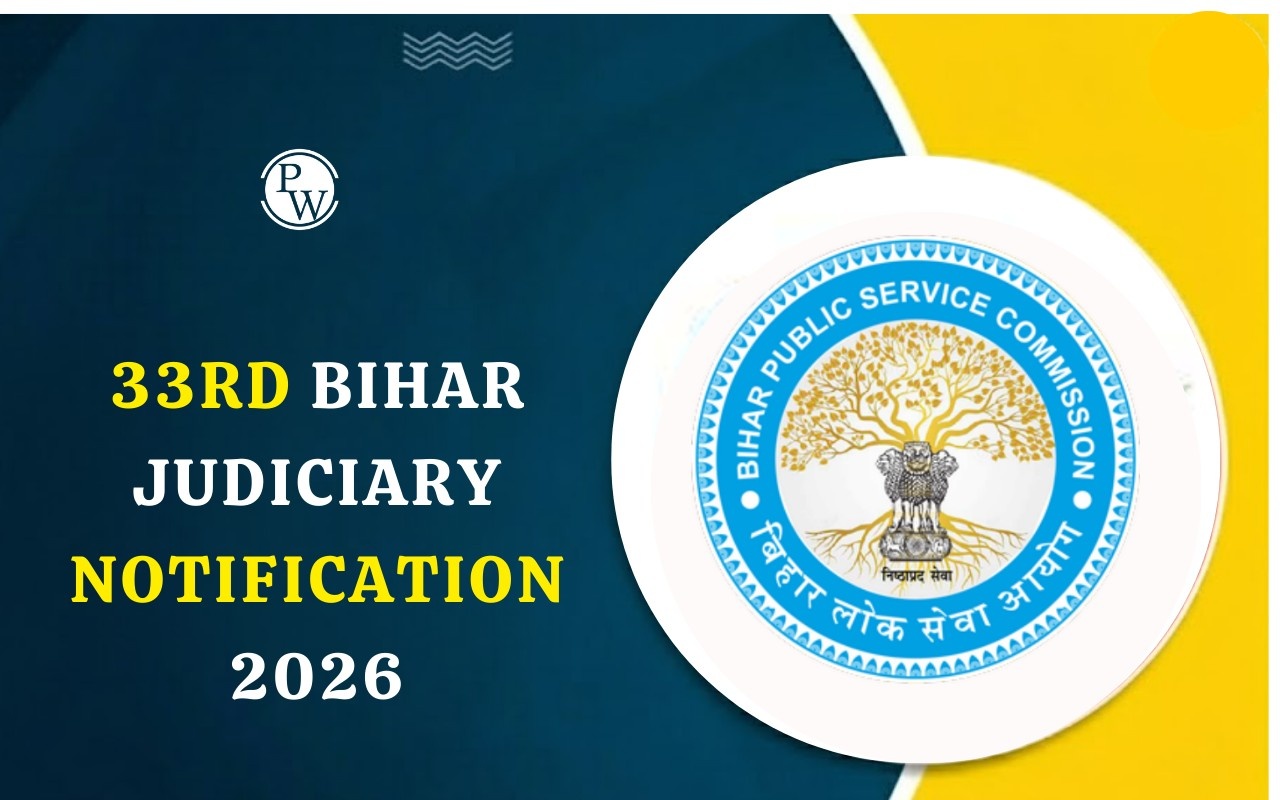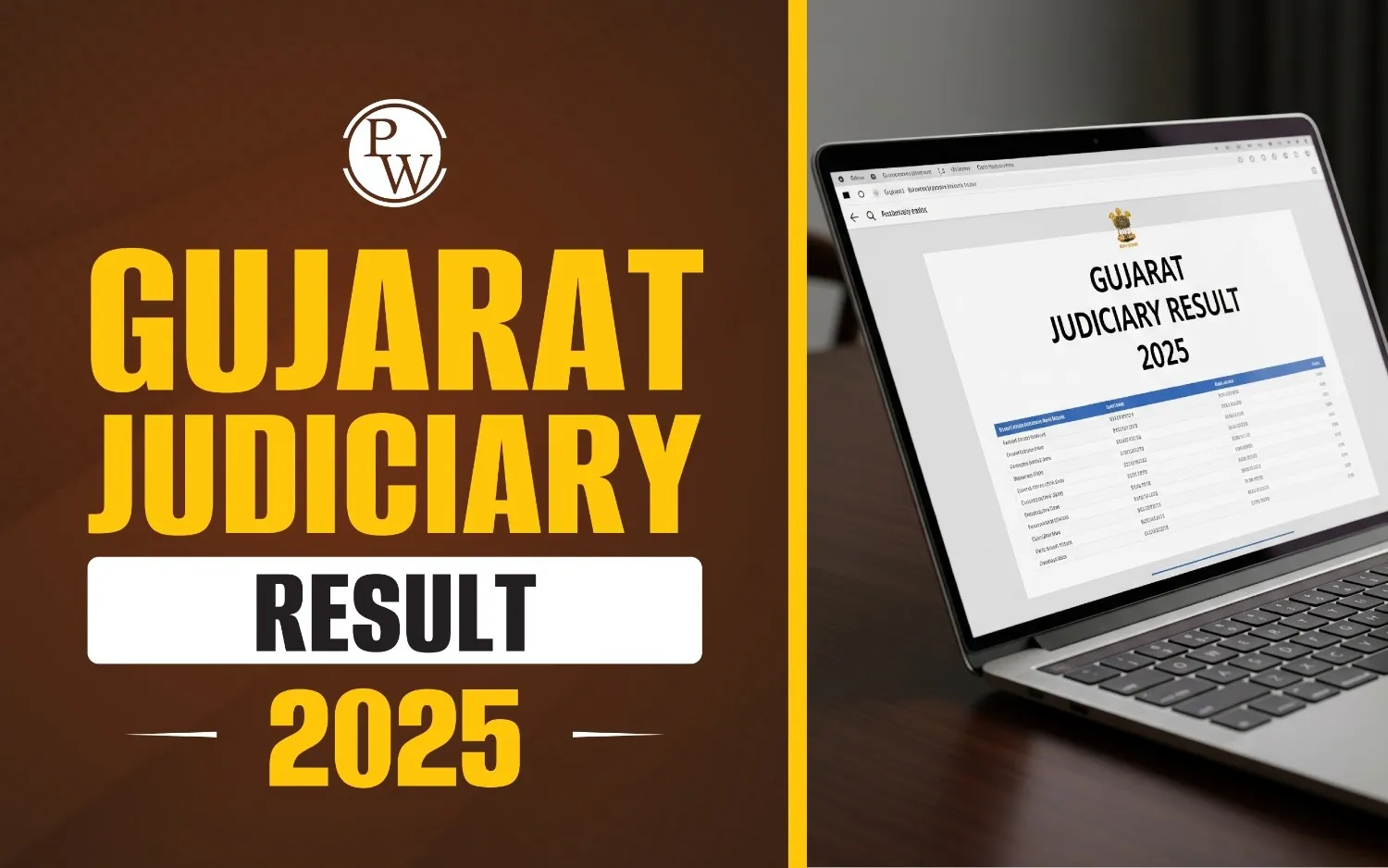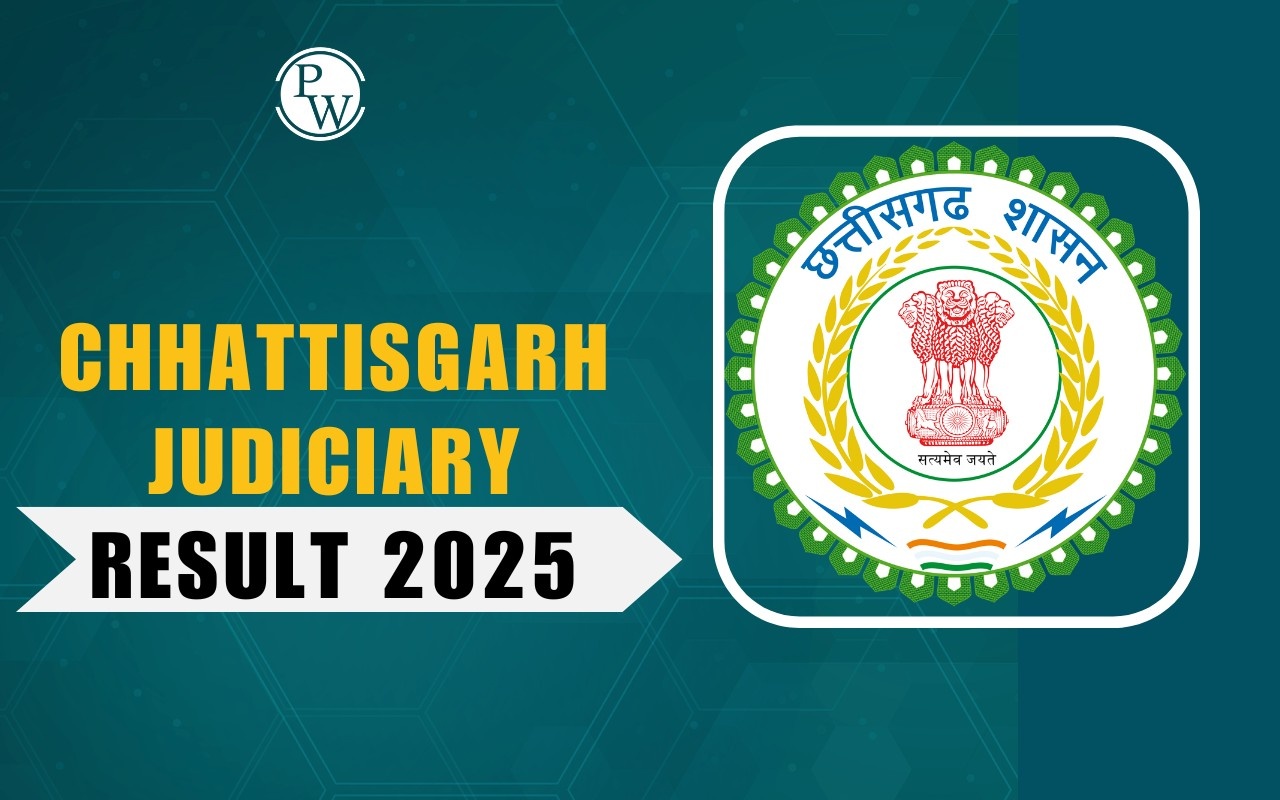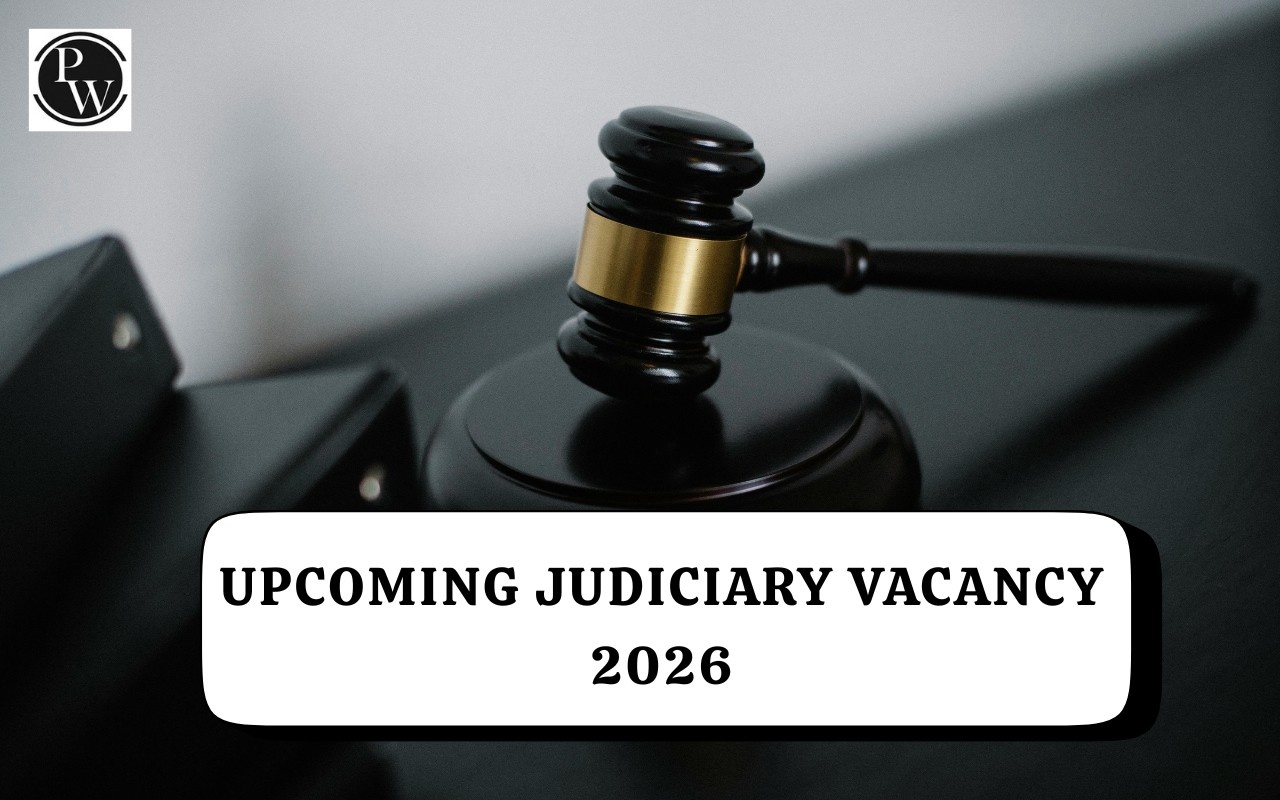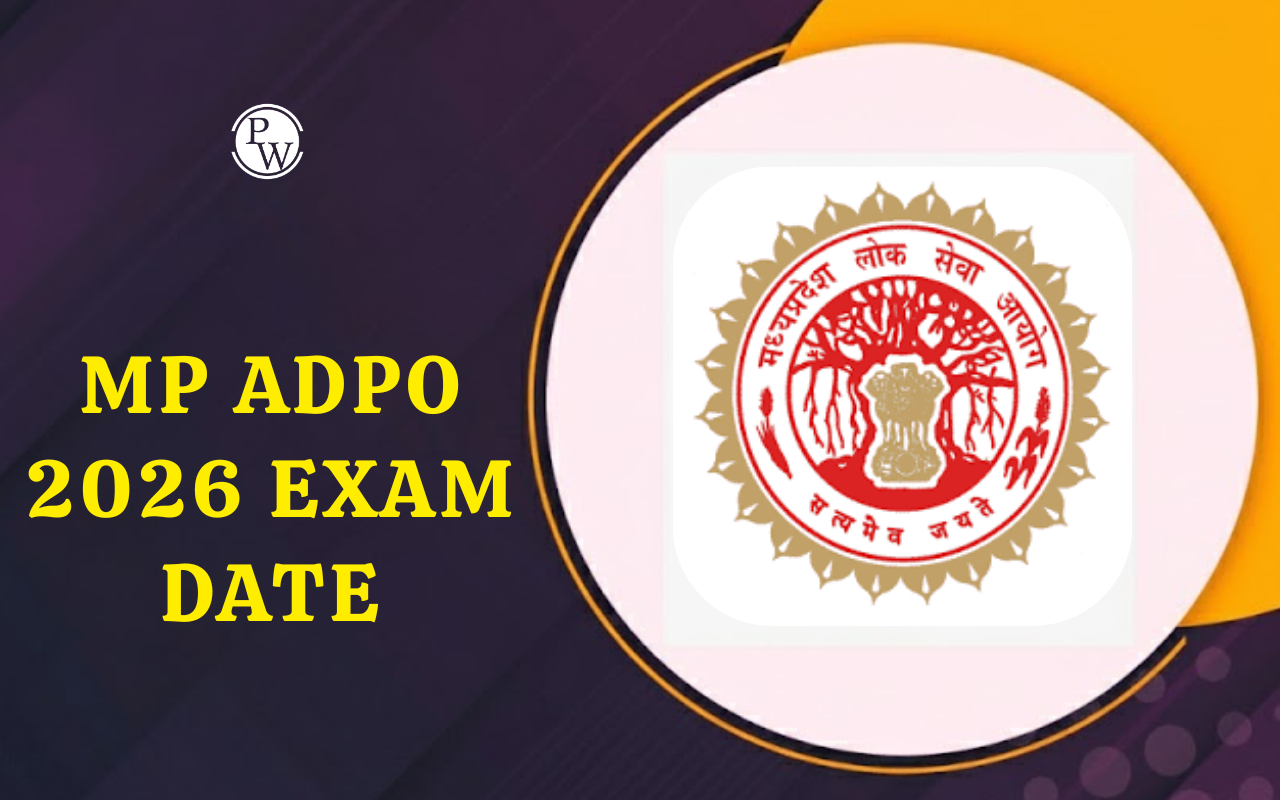
What is the POCSO Act: The Protection of Children from Sexual Offences (POCSO) Act, 2012, stands as an important piece of legislation that is aimed at protecting children from sexual abuse and exploitation. For judiciary aspirants preparing for exams like Judiciary Preparation 2025 , understanding this Act is necessary. We have created this blog which provides the POCSO Act overview, key features, landmark cases, and its impact on society and legal practice.
POCSO Act Overview
The POCSO Act, 2012, was presented to address the increasing cases of sexual crimes against children. This act was enacted on 19th June 2012 and enforced on 14th November 2012, it provides a strong framework to protect children under 18 years from sexual assault, harassment, and pornography . It also establishes Special Courts for the speedy trial of such offences.
Key highlights include its gender-neutral provisions and its focus on child-friendly processes during investigation and trial. The Act underwent significant changes with the POCSO Amendment Act, 2019, introducing strict penalties, especially for crimes against children below 16 years, and addressing child pornography.
Why Was the POCSO Act Needed?
The enactment of the POCSO Act was driven by:- High Incidence of Child Abuse : Studies and reports revealed disturbing levels of child sexual abuse in India.
- Gaps in Existing Laws : Prior to POCSO, there were no dedicated legal provisions addressing child-specific sexual offences comprehensively.
- International Commitments : India’s acquisition of the UN Convention on the Rights of the Child (1992) necessitated a child-centric legal framework.
Important Features of the POCSO Act
The features of the POCSO Act reflect its child-centric approach and its commitment to providing justice. These features are essential for judiciary aspirants as they summarise the core principles and mechanisms of the Act. From its definitions of offences to its procedures for reporting and trial, the Act ensures that every aspect of the process is designed with the child’s welfare in mind. For judiciary aspirants, the following features are essential to study:
- Wide Scope : Covers penetrative and non-penetrative assault, harassment, and pornography.
- Stringent Punishments : Includes the death penalty for aggravated sexual assault under POCSO Act punishment 2023.
- Mandatory Reporting : Obligation to report offences, with penalties for non-compliance.
-
Child-Friendly Procedures
:
- No direct contact with the accused.
- Statements were recorded in a safe, neutral environment.
- In-camera trials for confidentiality.
-
Special Mechanisms
:
- Designated Special Courts for speedy trials.
- Special Public Prosecutors for effective representation.
| POCSO Act Punishment 2023 The POCSO Act (Protection of Children from Sexual Offences Act), 2012, prescribes strict punishments for sexual offences against minors. In 2023, punishments under the Act include imprisonment ranging from 3 years to life , and fines, depending on the severity of the offence. The death penalty can be imposed in extreme cases involving aggravated sexual assault. |
POCSO Act – General Principles
The POCSO Act is grounded in principles that emphasize the welfare and dignity of the child throughout the judicial process. These principles guide how cases are handled, ensuring that justice is delivered while minimizing trauma to the victim.- Presumption of Guilt : The accused is presumed guilty until proven innocent, ensuring a child-friendly judicial approach.
- Best Interest of the Child : Protecting the mental and physical well-being of the child is prioritized.
- Confidentiality : The identity of the child is protected to maintain their dignity and privacy.
- Time-Bound Justice : Trials and investigations are conducted within strict timelines to avoid unnecessary delay.
7 Tips To Prepare GK For Judiciary Exams 2025
Landmark Judgments on the POCSO Act
Landmark judgments provide valuable insights into how the judiciary analyses and applies the POCSO Act in real-world scenarios. Cases like Bablu Yadav v. State of Bihar highlight the importance of procedural fairness, while others highlight the evolving understanding of child sexual offences.1. Bablu Yadav v. State of Bihar (2023)
- In this case, the accused was convicted of sexually assaulting an eight-year-old girl under Section 376 AB of IPC and Section 4 of the POCSO Act . The trial was conducted in a single day.
- The Supreme Court upheld the Patna High Court's ruling that a one-day trial violated principles of natural justice and directed a retrial adhering to fair trial standards.
- This case highlights the need for procedural integrity, even in fast-tracked cases, aligning with Article 21 of the Constitution.
2. Attorney General for India v. Satish (2021)
- The Supreme Court clarified the broad scope of the POCSO Act by overruling a controversial High Court ruling that required physical contact for sexual assault.
POCSO Act Punishment 2023
With the introduction of the POCSO Act punishment 2023 amendments, penalties for child sexual offences have become more rigid and strict. These changes are aimed at deterring crimes and delivering justice effectively, reflecting the seriousness of offences committed against children.- Penetrative Assault : Minimum sentence increased to 20 years , extendable to life imprisonment or the death penalty.
- Aggravated Assault : Committed the death penalty for heinous offences committed by authority figures or repeat offenders.
- Child Pornography : Harsh penalties were introduced for creating, distributing, or storing pornographic materials involving children.
Role of Key Authorities Under the POCSO Act
The success of the POCSO Act is based on the effective functioning of various authorities involved in its implementation. From police to special courts, each person plays a crucial role in ensuring justice for child victims.- Police and SJPU : Record complaints promptly and conduct preliminary investigations.
- Child Welfare Committees (CWC) : Ensure the rehabilitation and well-being of victims.
- Special Courts : Conduct in-camera trials to protect the privacy of the child while ensuring speedy justice.
- Special Public Prosecutors : Represent cases with a focus on the child’s best interests.
Offences and Punishments Under the POCSO Act
The POCSO Act categorizes offences based on their severity and provides corresponding punishments. Judiciary aspirants should focus on these provisions to understand the Act’s scope and its deterrent measures.| Offense | Definition | Punishment |
|---|---|---|
| Penetrative Sexual Assault | Penetration of sexual organs or manipulation to cause penetration. | Rigorous imprisonment (min. 20 years), extendable to life or death penalty. |
| Aggravated Penetrative Assault | Offences involving authority figures, weapons, or gang assaults. | Death penalty or life imprisonment. |
| Sexual Harassment | Non-penetrative sexual acts, gestures, or inducement of child pornography. | Imprisonment up to 3 years with a fine. |
| Child Pornography | Using a child for creating, sharing, or storing explicit material. | Rigorous imprisonment (5-7 years) with fines. |
POCSO Act 2012 Notes for Judiciary Preparation 2025
To prepare effectively for judiciary exams 2025 , consider these important points:- Sections and Key Provisions : Learn critical sections, such as Section 4 (Punishment for Penetrative Sexual Assault) and Section 7 (Sexual Assault).
- Recent Amendments : Study changes to POCSO Act punishment 2023, emphasizing enhanced penalties.
- Landmark Judgments : Analyze how courts interpret and apply the Act in real cases.
- Legal Procedures : Understand child-friendly practices mandated by the Act, such as video recording of statements and in-camera trials.
What is POCSO Act
Q1. What is the POCSO Act about?
Q2. What is the age limit for POCSO?
Q3. Does POCSO have bail?
Q4. What is Rule 4 of POCSO Rules?
Q5. What are the punishments under POCSO Act?
Q.6 Are POCSO trials conducted in special courts?


